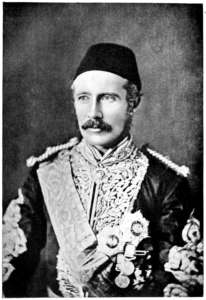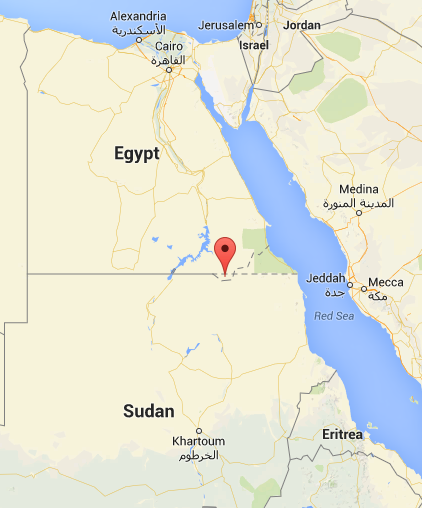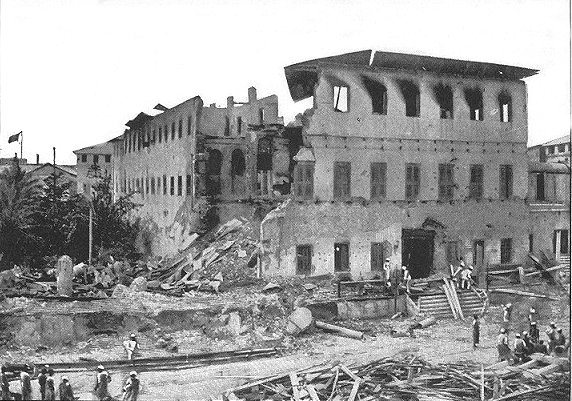In the early 1880s Sudan suffered under the heel of the Ottoman empire. Military occupation and heavy taxes led to widespread discontent that eventually led to a religiously-infused rebellion. Muhammad Ahmad styled himself as the Mahdi or “expected one,” a prophesized Islamic figure, and drawing on discontent, Ahmad led a rebellion throughout the country.
The British officer Charles George Gordon (pictured below) was put in charge of evacuating Egyptians and other foreigners from the Sudan. But, because of his poor relations with the British and the Ottoman-Egyptian governments, Gordon ended up holed up in Khartoum, under siege by the rebel forces, and eventually dead at the hands of the Sudanese. The Mahdi had successfully defeated the foreign occupiers, and a new state formed under his religiously-inspired revolutionary power.

Podcast: Play in new window | Download
Subscribe: RSS



